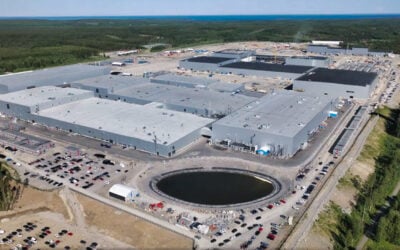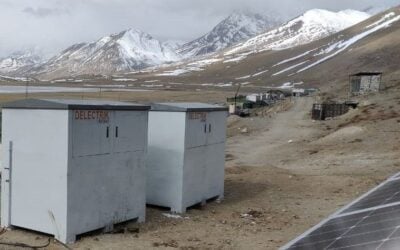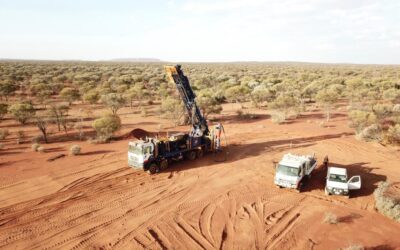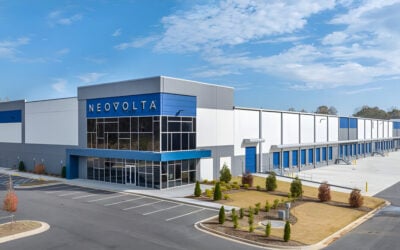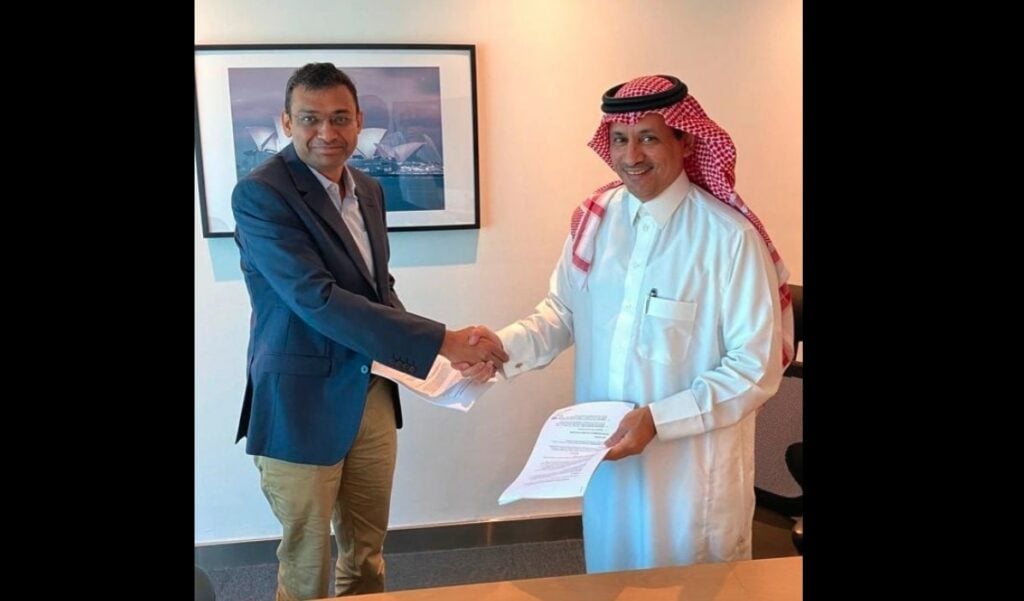
Riyadh-based Tdafoq Energy will distribute Indian firm Delectrik Systems’ vanadium redox flow battery products in Gulf Cooperation Council (GCC) markets and set up a manufacturing facility in Saudi Arabia.
Tdafoq has entered into a distribution and manufacturing license agreement with Gurgaon-based Delectrik Systems to exclusively sell the latter’s vanadium redox flow batteries (VRFBs) in Bahrain, Kuwait, Oman, Qatar, Saudi Arabia and UAE. The six countries make up the GCC.
Tdafoq is also starting the development of a flow battery manufacturing plant to serve the region, with a GWh capacity targeted by 2025. The project aims to support the Kingdom of Saudi Arabia’s Vision 2030 economic diversification objectives, as it aims to move away from reliance on oil and modernise the economy.
Delectrik, founded in 2016, manufactures its VRFBs from its facility in India with three different products. The RFB10, RFB40 and RFB200 have capacities of 10kWh, 40kWh and 200kWh, respectively. The RFB40 has a four-hour duration while the RFB200 has a five-hour duration, according to a datasheet on Tdafoq’s website.
Try Premium for just $1
- Full premium access for the first month at only $1
- Converts to an annual rate after 30 days unless cancelled
- Cancel anytime during the trial period
Premium Benefits
- Expert industry analysis and interviews
- Digital access to PV Tech Power journal
- Exclusive event discounts
Or get the full Premium subscription right away
Or continue reading this article for free
Delectrik said the VRFBs are designed for use in the residential, commercial and industrial (C&I) and grid-scale sectors. Tdafoq was founded last year and only lists Delectrik’s products on its website.
VRFB firms like Invinity, CellCube and others’ main challenge is ramping up their own supply chains to meet demand. Announced project sizes outside of China are still in the low double-digit MWh at the very most, and so new manufacturing facilities of any size will help move the needle.
While GCC-based investment firms like Fotowatio Renewable Ventures and Masdar are very active in energy storage markets elsewhere, the region’s own sector is fairly nascent. However, what is likely the world’s largest off-grid battery energy storage system (BESS) is being delivered by Huawei for a resort project off the coast of Saudi Arabia, a 1,200-1,300MWh system, which achieved financial close earlier this year.


